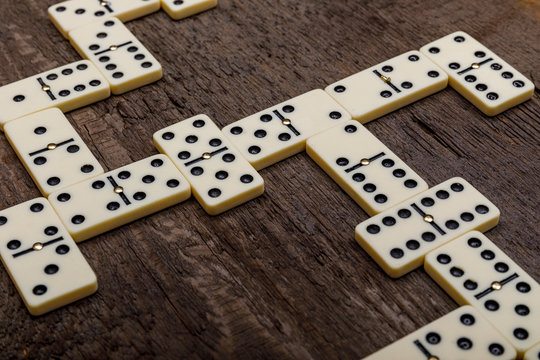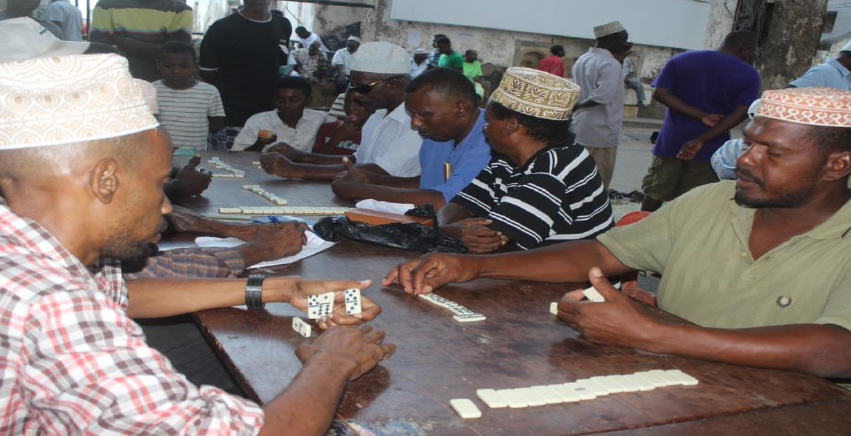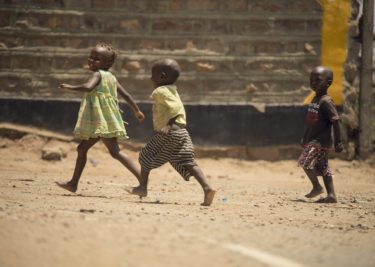Dumna

Image credit: Adobe Stock
Depending on where you visit along the Kenyan coast, one thing remains constant when it comes to pastime activities – older men are found bent over a wooden or makeshift table, deep in thought or conversation. Before them is often a ‘table’ game and this is an activity to catch up with friends or have meaningful conversations. This table game is known as Dumna, or Bao la Dumna.
Traditionally, this game was reserved for evenings; however, as time passed and its popularity grew, it became a key part of cultural events – from the Maulid celebration to celebrations like the Swahili Cultural Festival.
Rules of the game
Dumna is a Kenyan version of Dominoes. Simplified, the game goes like so:
Once two players have sat opposite each other (or teams of two players), the chips are scattered before them face down and the players take turns picking the chips and placing them in front of themselves, in a way that their opponents can’t see them.
The player with the highest double digits places the chip on the table to start the game. Playing then proceeds clockwise with each player placing a matching Dumna on any end of the chip previously placed.
If a player lacks a chip with a matching value, they pick another until they have one that matches the previous chip’s digits. Exposed ends contribute to the player or team’s points, and the first player or team to use all their chips wins the game.
Make sense?
*
If you ask any coastal native about this traditional game, many will share surface-level responses. This is because Dumna has always been a game reserved for elders. For this reason, younger folk keep distance from where the game is played. This is simply a sign of respect as the game is also appreciated as an activity the elders indulge in as they are discussing serious matters.
Historically, Dumna chips were made using wood and paint, but over time, plastic became the primary raw material.
It has been so popular that there have been hundreds of Dumna tournaments, encouraging enthusiasts to form groups with catchy names, such as Half London, Kibokoni, and Ndovu Dumna Club.

Image credit: UNESCO Regional Office for Eastern Africa
Have you witnessed Dumna players in action? What fascinates you about this #KeGame?


